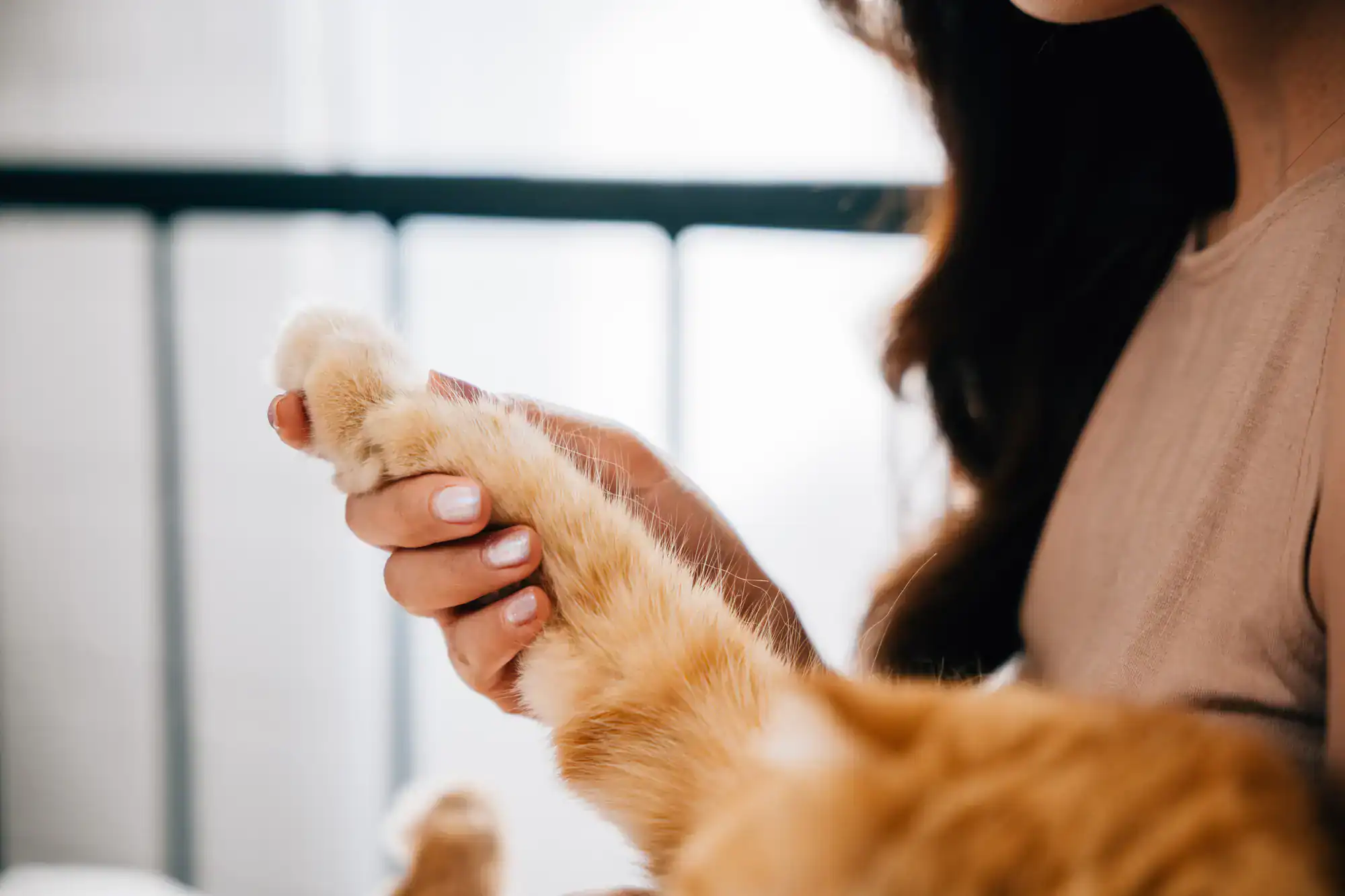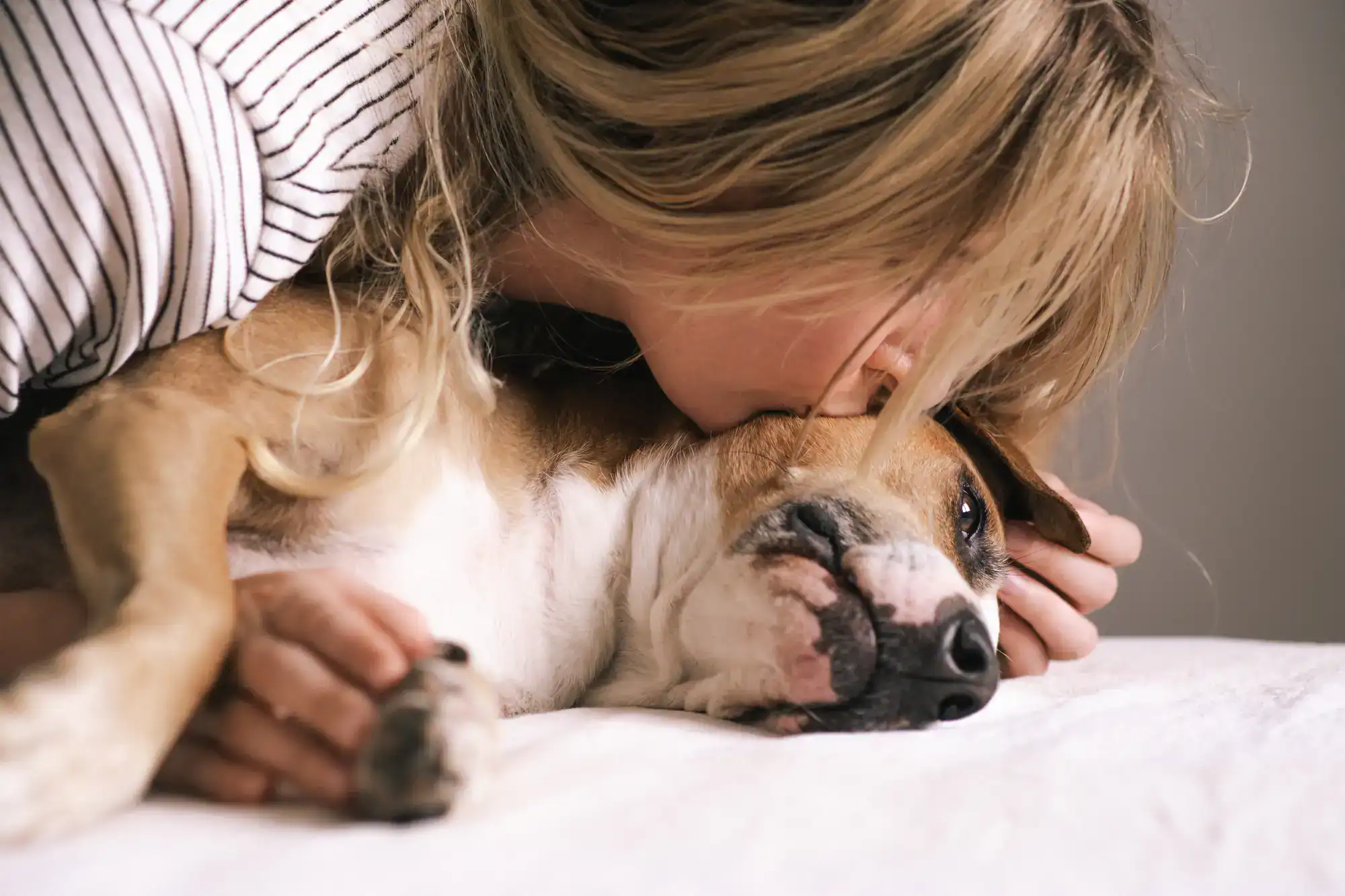Pet Loss Support in Pinehurst, TX
Your Grief Deserves Understanding and Support
When the world tells you to “move on,” we understand that your pet was family—and family love doesn’t have expiration dates.

Hear from Our Customers

Pet Grief Counseling Pinehurst
The emptiness where your pet used to be isn’t something you need to “get over.” It’s something you learn to carry differently.
When people say “it was just a pet,” they don’t understand that your dog greeted you at the door every single day for twelve years. They don’t know that your cat slept on your chest when you were sick, or that your companion helped you through your darkest moments with nothing but presence and unconditional love.
Your grief is real because your love was real. Our pet loss support helps you process the guilt, the “what-ifs,” and the overwhelming sadness without rushing you through it. You’ll find ways to honor what you had while learning to live with what you’ve lost—not by forgetting, but by remembering with less pain and more gratitude.
Pet Bereavement Services Harris County
Since 1989, we at Angel Oaks Pet Crematory have understood something many people miss: in Texas, losing a pet means losing family. We’ve supported thousands of Harris County families through pet loss, from ranchers saying goodbye to loyal working dogs to families in Pinehurst grieving indoor cats who never missed a bedtime routine.
Our team includes two full-time veterinarians and trained grief support specialists who understand both the medical realities and emotional complexities of pet loss. As members of the American Association for Pet Loss and Bereavement, we stay current on best practices for supporting families through these difficult transitions.
We serve our diverse community with bilingual support and cultural sensitivity, recognizing that grief looks different for every family. Whether you’re dealing with a sudden loss or have been caring for an aging pet, we meet you where you are without judgment or timelines.

Coping With Pet Loss Process
Pet loss support isn’t a one-size-fits-all process, and we don’t treat it like one. Some people need immediate crisis support; others reach out weeks later when the reality settles in and everyone else has moved on.
We start by listening to your specific situation. Are you struggling with end-of-life decisions? Dealing with sudden loss? Feeling guilty about something you did or didn’t do? Each scenario needs different resources, from local pet loss support groups to professional counselors who specialize in animal-human bonds.
We connect you with practical support too—guidance on handling your pet’s belongings, advice on memorial options that fit your budget and values, and resources for explaining pet death to children. Our goal isn’t to rush your healing but to ensure you have the tools and support you need for however long this journey takes.

Ready to get started?
Pet Loss Resources Pinehurst TX
Pet loss in Pinehurst and Harris County comes with unique challenges. Maybe your pet was your constant companion during long commutes to Houston. Perhaps they were your running partner on the local trails, or the family member who helped your children learn responsibility and love.
Our comprehensive pet loss support addresses both immediate and long-term needs. We provide connections to local grief counselors who understand pet loss, information about memorial options from simple keepsakes to custom tributes, and guidance on practical matters like handling pet belongings and dealing with other pets who may also be grieving.
For families facing sudden loss, we offer immediate crisis support and 24/7 connections to emergency grief counseling throughout the greater Houston area. We also help with the often-overlooked aspects of pet grief: managing anniversary dates, handling social situations where others don’t understand your loss, and knowing when you might be ready to consider helping other animals in need.

How long is it normal to grieve after losing a pet?
Is it normal to feel guilty after my pet dies?
Should I get another pet right away to help with grief?
How do I handle people who don't understand my pet grief?
What are healthy ways to memorialize my pet?
When should I consider professional counseling for pet grief?
Other Services we provide in Pinehurst
